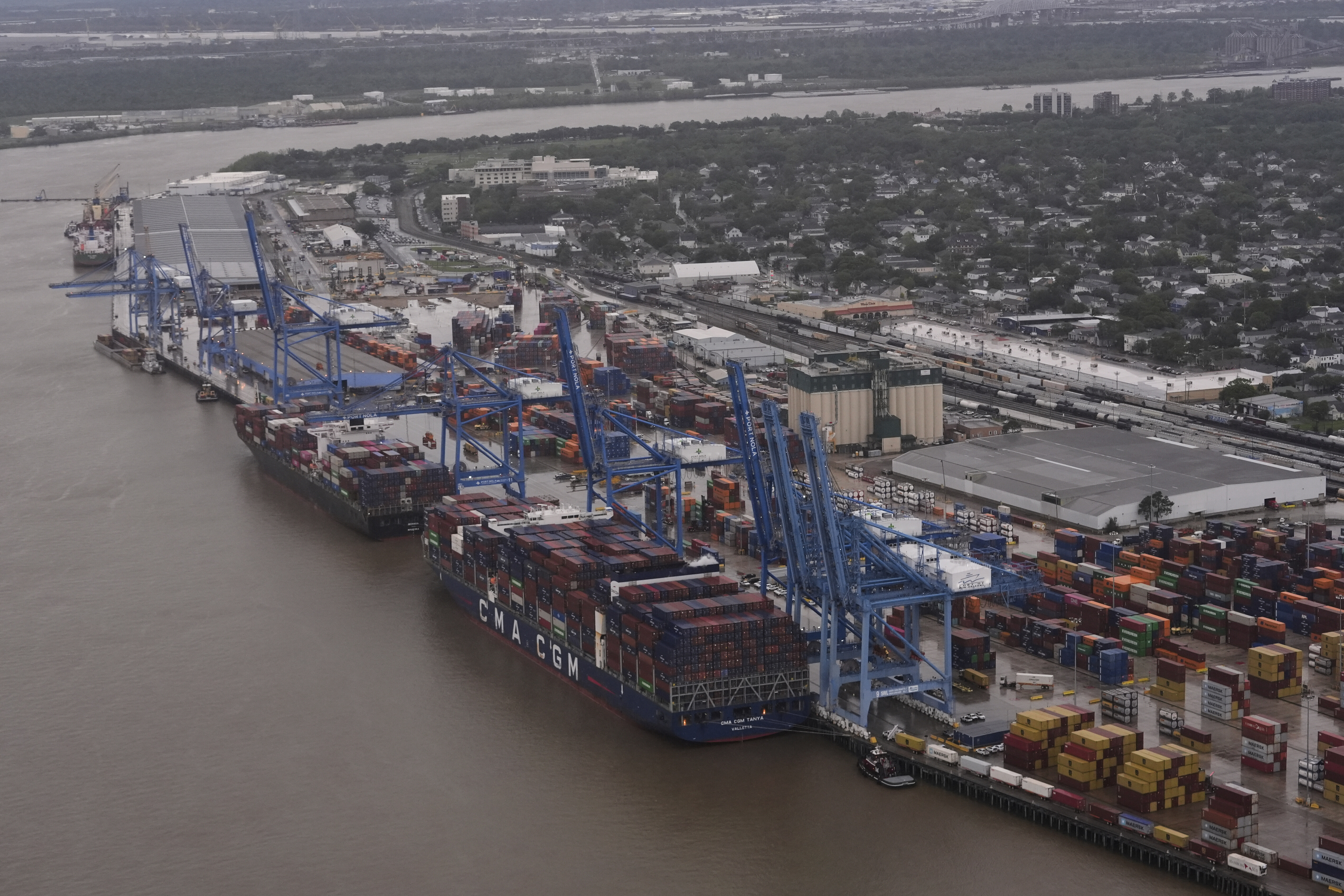To be sure, such a scenario is perhaps simplistic, and it is certainly not just around the corner. But some of its building blocks are already in place: a weakened U.S. interest in European affairs, an increased Chinese presence and political investment in Europe, and diminishing European aspirations and capabilities on the global stage. Domestically, Europe suffers from weak demographics, stalling economic strength, vanishing military power, and more and more signs of political atomization.
For two generations now, since the end of World War II, Europeans have no longer been in a position to decide autonomously where they belong in world politics. Luckily, they found a fairly benign hegemon after 1945, the United States, who would go to great lengths to keep them safely protected in the Western camp.
Europe has made substantial contributions to this geopolitical positioning, not least by pacifying itself at home through the European Union. But as an independent player at the geopolitical level, it has long ceased to exist. Europe depends on the United States for its security, and even for its internal stability, whether it likes it or not.
The trouble is, of course, that America itself is relatively weaker today and finds the massive subsidy it pays into the European security market increasingly burdensome. If that subsidy disappears or becomes too weak to make a decisive difference, Europe's position in the free Western world is at stake.
So, if Europe wants to avoid becoming an in-between territory in the foreseeable future, it must start to fight for its attachment to the West. Luckily, it has many tools at the ready to do so.
Europeans can invest in closer economic ties with the United States by embracing transatlantic free trade, or in closer military ties by engaging through NATO. Europe can relieve America of some of its duties as a global provider of stability by becoming a more capable foreign policy player in its wider neighborhood. Europeans can increase their own resilience by reforming their sclerotic economies and their budding but flawed democracy.
Europe can prepare itself psychologically for future conflicts by developing a strategic mind-set for the Asia-dominated era the world is entering. And it can prepare geopolitically by investing in Asia's political architecture and by realizing that Asia is more than just China.
So far, Europeans have not taken any of these steps decidedly enough. Europeans do not yet feel the pain because the transatlantic relationship is still halfway functioning and China's political investment in Europe is in its early stages. The future of China itself is also much less certain than it looks, with domestic stability increasingly at risk.
Yet Europe should take a good look at its own history and at its Eastern neighborhood today to understand the dangers of being in an in-between position. In Ukraine, Moldova, and Georgia today, just as in Poland, Germany, and elsewhere in the past, there are lessons to be learned for the geopolitical struggles that Europe might face soon enough.











